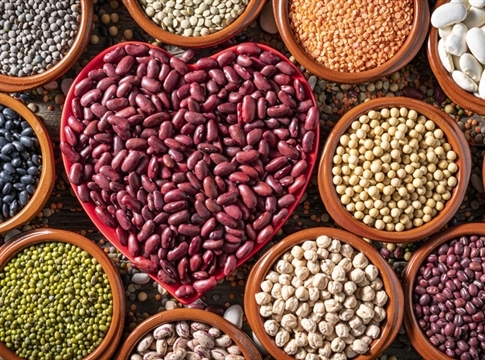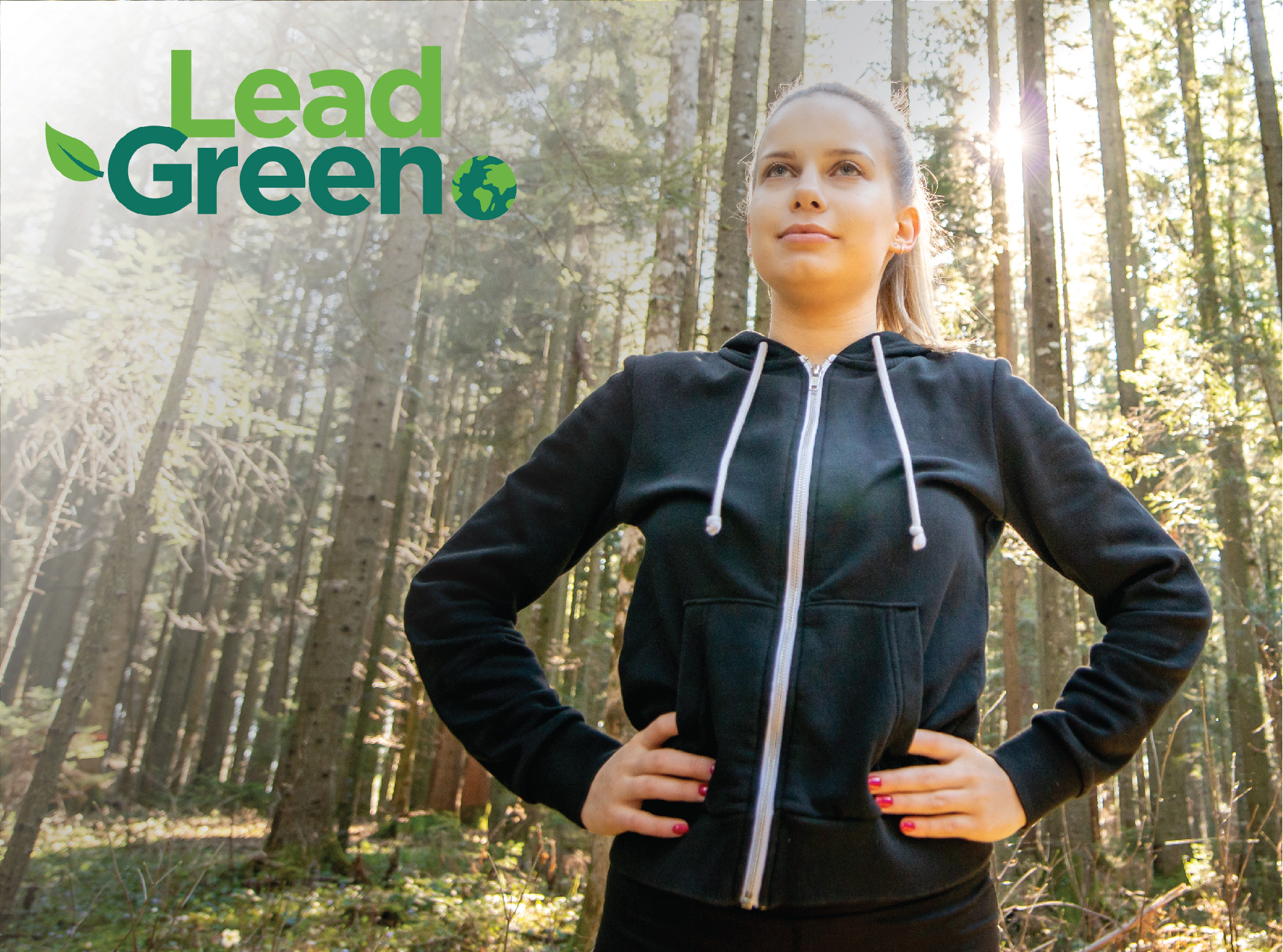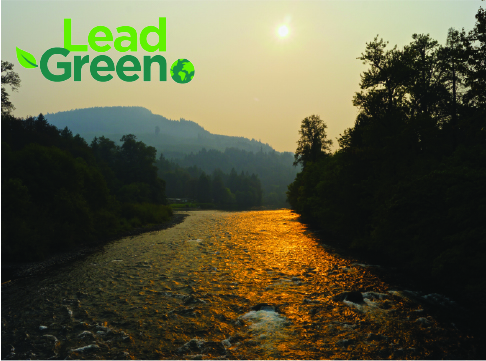Related News
Related News
-
EWEB and Lane Electric Cooperative sign agreement to transfer EWEB's McKenzie Valley customers
EWEB and Lane Electric Cooperative have reached an important milestone in transitioning electric service from EWEB to Lane Electric in the McKenzie Valley. The two utilities have officially signed agreements for EWEB to sell its electric service territory in the McKenzie Valley to Lane Electric.
Find Out More -
EWEB Board adopts 2026 organizational goals to guide utility priorities
At the January public meeting, EWEB adopted a new set of organizational goals for 2026, providing direction for our work priorities in the year ahead.
Find Out More -
Cold temperatures this week drive highest electricity demand of the winter so far
Frosty conditions in Eugene this week have driven electricity demand to the highest levels so far this winter as heaters strain to keep homes and businesses warm.
Find Out More -
Our Favorite Photos of 2025
For a final look-back at 2025, we’d like to share some of our favorite photos that illustrate our work day-in and day-out. We celebrate amazing teamwork, vital partnerships, and sing the praises of our individual champions and their quiet dedication to serving our community!
Find Out More -
EWEB and the UO launch energy generation pilot project
Pilot project gives EWEB the option to run UO’s on-site natural gas generator this winter, gathering valuable insight into the generator’s efficiency and reliability.
Find Out More -
Sustainability Snapshot - Celebrating Energy Efficiency Projects in the Community
Sustainability Snapshops highlight impactful projects completed by EWEB's Customer Solutions department, as a way to celebrate the meaningful work happening behind the scenes.
Find Out More -
McKenzie Valley electric service territory realignment study reaches key milestone
EWEB Commissioners approved a resolution authorizing the General Manager to negotiate and execute agreements with Lane Electric Cooperative regarding a potential realignment of electric service territory in the McKenzie Valley at the Board’s December meeting.
Find Out More -
EWEB Sets 2026 Budget and Rates, Advances Evaluation of McKenzie Valley Service Territory Realignment
Taken together, the 2026 budget and rate adjustments and the territory-realignment evaluation reflect EWEB’s dedication to responsible financial stewardship, modern, resilient utility infrastructure, and thoughtful planning for the future.
Find Out More -
EWEB secures $2.5 billion of reliable, affordable, carbon-free energy for customers
The new contract with EWEB’s largest energy supplier, the Bonneville Power Administration, forms the foundation of a diverse energy portfolio.
Find Out More -
Women in STEM: Meet the Hydro Project Engineer Building Habitat for Salmon
EWEB Engineer Associate Val Chang found her way to the McKenzie River from Los Angeles, inspired by heritage trips to the waters of Taiwan and key mentors along the way.
Find Out More -
Public Power Week Poster Contest Winners 2025
The results are in! View the winning posters from EWEB's 2025 Public Power Week Poster Contest.
Find Out More -
EWEB Hometown Heroes compete internationally
Out of 290 teams from 14 different countries, EWEB's Lineman Rodeo team places in the top third of competitors.
Find Out More -
EWEB's Halloween Truck-or-Treat is a huge success
Community members are accustomed to spotting EWEB trucks around Eugene streets and neighborhoods. But last week, those familiar vehicles looked a little different. At EWEB's second annual Truck-or-Treat Customer and Crew Appreciation Event, our fleet transformed into a festive Halloween spectacle.
Find Out More -
Let's Talk Turkey. Is your family ready for winter?
We're heading into the holidays, but that also means snow, ice, and not-so-nice weather might be in the forecast. Here are some tips to prepare in advance.
Find Out More -
Vote for your favorite Public Power Week Posters
The top five submittals will receive awards. Help us pick the winners.
Find Out More - Show More
Try something new on World Pulses Day
February 10, 2023 • Ashley Cissna, EWEB Communications

Fava, black, kidney, mung, cowpeas, lentils, and peas, oh my!
What do all these things have in common? They are all members of the pulse family.
But what is a pulse? Pulses are a sub-group of legumes, more commonly referred to as peas, beans and lentils.
Sure, but why is EWEB telling me about beans, aren’t you just my utility provider? While EWEB’s primary mission is to deliver quality drinking water and safe, reliable electricity to our customer owners, we also have a responsibility to be stewards of your financial and natural resources. This includes our impact and role in reducing the greenhouse gases contributing to climate change. We are already fortunate to have one of the cleanest energy portfolios in the nation and are committed to our Climate Change Policy which states that our energy portfolio will be 95% carbon-free by 2030.
That is only one thing EWEB is doing, you can learn more about what EWEB’s commitment to the environment here. And there is still more to be done, so what can you do?
By making small changes in your daily routine, such as eating more plant-based foods, especially ones that have multiple benefits to the environment, you can help reduce your household’s carbon footprint.
Adding pulses to your diet offers a world of benefits, not just for your personal health, but also for the health of the environment. Pulses have so much potential to further global sustainability that the United Nations designated February 10 as World Pulses Day.
Here are just a few of the benefits of pulses:
- Pulses are a water efficient source of protein, using only ½ to 1/10 the amount of water other sources of protein require. This makes them ideal for planning in dry environments that are prone to drought.
- Pulses are a low carbon footprint food. Pulses require little to no nitrogen fertilizer, due to their ability to utilize soil bacteria to draw nitrogen from the air. When nitrogen fertilizer is used in crop production soil micro-organisms convert this nitrogen into nitrous oxide, a powerful greenhouse gas.
- If you are interested in learning more about your carbon footprint, check out the EPA’s calculator tool. Once you learn your footprint, think of different ways you can reduce it. Once you’ve done as much as you can, learn how you can neutralize your carbon footprint with EWEB.
- Pulses contribute to food security by being adaptable to marginal environments where other crops are not sustainable.
- Due to their ability to be stored for long periods without losing nutritional value or spoiling, pulses have a lower food waste footprint than other food products.
- Fun fact: emissions due to food loss and waste in the United States is equivalent to the annual CO2 emissions of 42 coal-fired plants.
- Pulses help improve soil biodiversity, which provides ecosystems with greater resistance and resilience against disturbances and stress.
- Planting pulses along with other crops increases soil carbon sequestration.
- Did you know that EWEB is partnering with the University of Oregon to study the impacts of different plants and trees on carbon sequestration and reforestation? You can help support this innovative project and learn more here.
- Pulses are nutrient dense, with high levels of phytochemicals, antioxidants, calcium, iron, and vitamins.
With all these benefits, how could you not give them a try? Here are a few recipes from around the world to use as inspiration on how you can incorporate them into your diet.
- Empedrat, originally from Catalonia, is a special type of tapa and one of the most popular summer dishes in Spain. It includes pulses, veggies, and fish.
- This Curry recipe can be made using canned and frozen vegetables, making it one of the fastest ways to make the popular dish.
- Fasolada, the national dish of Greece, consisting of white beans, celery, carrots and onions.
- Gallo Pinto, a traditional dish from Costa Rica, can be eaten at any meal, but is especially popular for breakfast.
- Fudgey Bean Brownies, a combination of beans and chocolate, need we say more?
- Find more recipes here.
You can learn more about the many benefits of pulses at the Food and Agricultural Organization of the United Nations.
Related Programs
After you maximize ways to save energy and reduce carbon emissions, you can neutralize your remaining carbon footprint with carbon offsets added right to your EWEB bill.
EWEB’s Lead Green programs can help you put your money where your values are. Customer investments are used to finance projects that benefit the environment.




